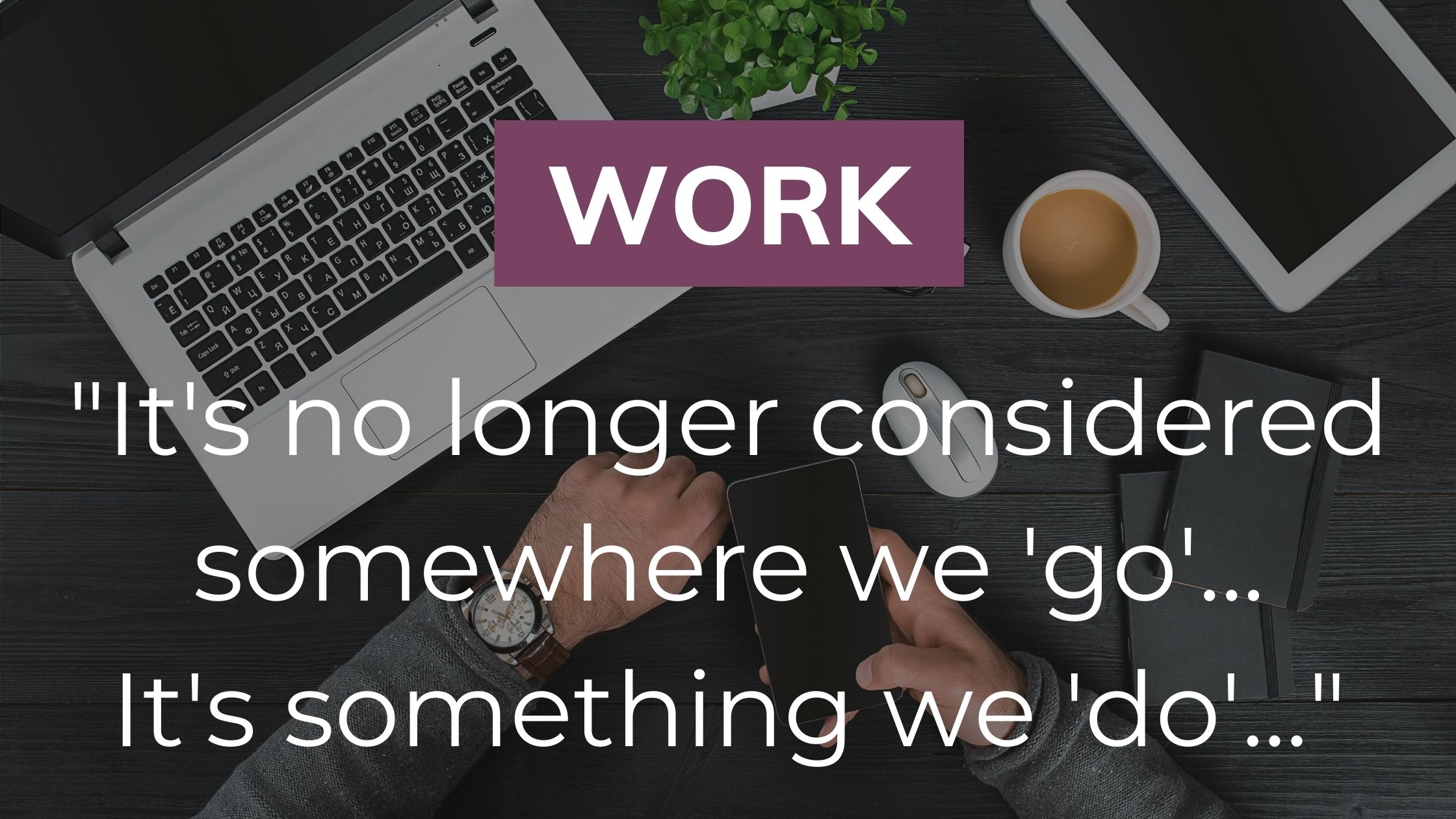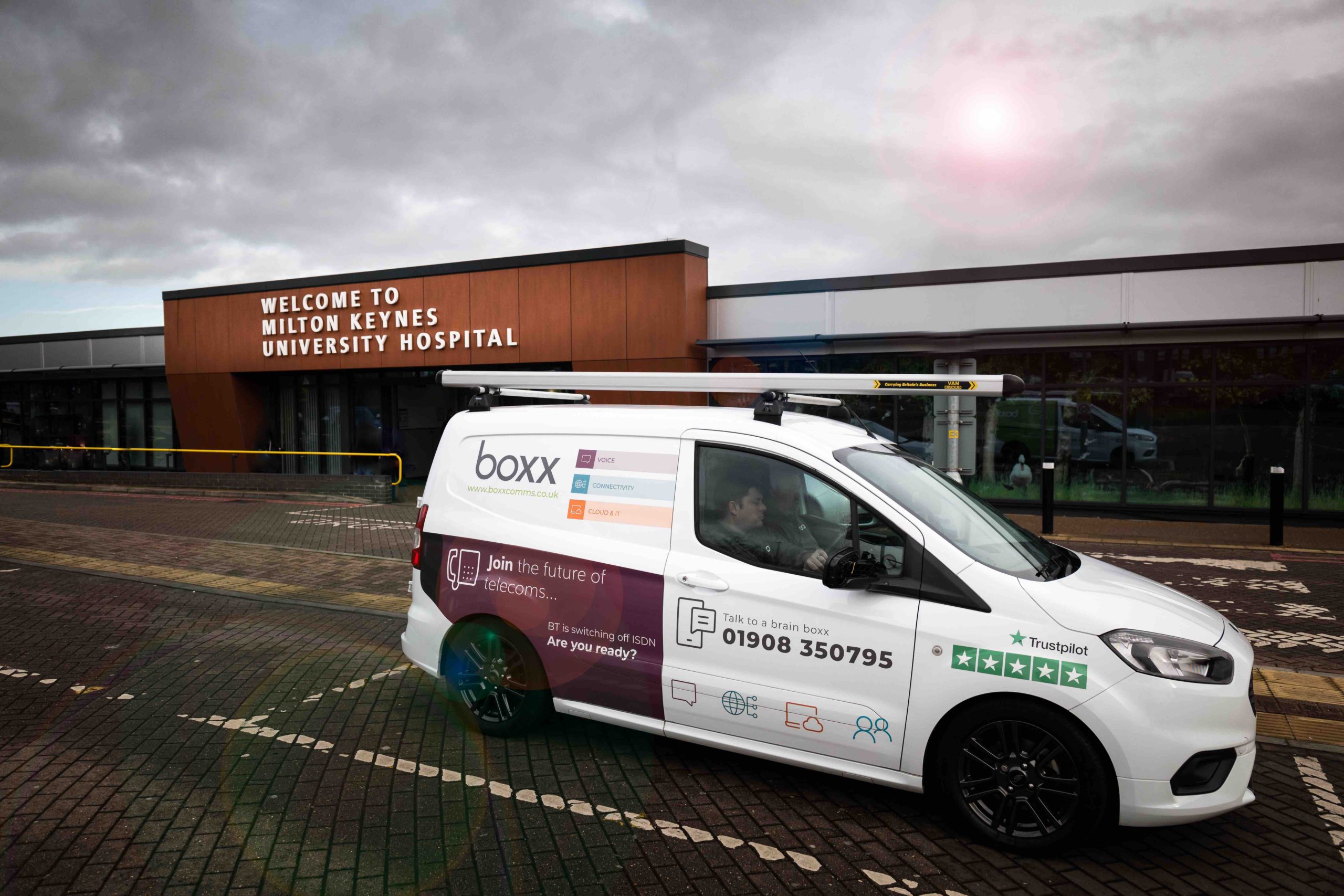Prior to March 2020, work took place for the majority, in the office - A physical workplace attended in person, in some cases, in the masses.
When the Government guidance to work from home was first announced, businesses quickly found themselves in one of 3 categories:
- Forward-thinkers with the technology already in place to support moving to remote working seamlessly.
- Reactors who were prepared to hit the ‘just do it’ button and implement digital transformation projects ahead of schedule to enable remote working.
- Traditionalists unable to commit, for whatever reason, to the adaption required to facilitate working from home efficiently.
For those falling into the middle category, what emerged was 3 years of digital transformation progress in just 3 weeks!
Microsoft Teams reported the number of active users doubling in this short period and Hosted VoIP - a cloud-based, voice over internet protocol telephony solution – also saw exponential growth.
James Green, Co-Owner here at Boxx quotes:
The UK was already on a journey towards internet-based telephony with the industry’s 'copper switch off’ planned for 2025. With the features and benefits of a Hosted VoIP solution able to keep the cogs turning for many businesses - for example, the ability to handle calls seamlessly when working remotely, with the same call management features that would have been available in the office - adoption has accelerated during COVID and this is set to continue.
As the UK moves through the second wave of the pandemic (and hopefully out the other side at some point), business again fall into different categories determined by their thoughts about what the future of the workplace looks like...
There will ultimately be those who either desperately miss the conventional office environment or in fact need to work under the same roof for specific reasons.
Then there will be some who will see this new way of working as an opportunity, who won't go back to the old 9-5 and now question why we ever spent hours each day commuting when that time could be used much more productively. Not to mention conscious of the positive impact on the environment that mass home-working brings.
Finally, there will be the ones who embrace a hybrid approach... Perhaps downsizing the office and working on-site in rotation, whilst at the same time embracing the concept of ‘working in a world without walls’. Technology empowers non-geographical working and allows work to be considered ‘something we do’ rather than a physical ‘place we go’.

Whatever approach is adopted, lessons will have been learnt from the COVID-19 pandemic that will shape the way businesses work going forward.
At Boxx we pride ourselves on recommending bespoke solutions, based on individual business requirements and plans for the future, wherever they may be...














 The technology industry moves so quickly that it’s hard to keep up with what has been released!
The technology industry moves so quickly that it’s hard to keep up with what has been released!







